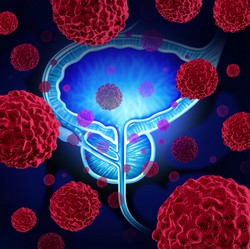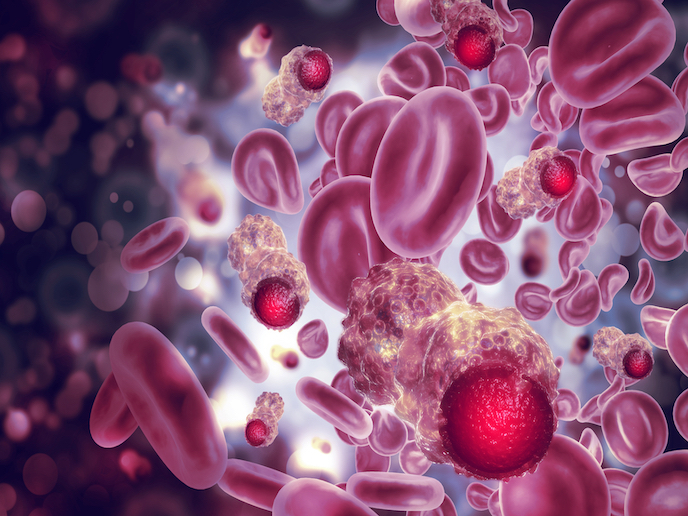CHD1 deletion in prostate cancer: Biological impact and implications for anticancer treatment
Prostate cancer is often characterised by complex genomic rearrangements and tumours with deletions of the chromodomain helicase DNA binding protein 1 (CHD1) have a particularly high number of these genomic alterations. Although accumulating evidence suggests that CHD1 might function as a tumour suppressor, its precise role in prostate cancer progression and impact on genome stability is incompletely understood. With this in mind, scientists on the EU-funded CDELP (CHD1 deletion: Implications to outcome and treatment in prostate cancer) project wished to mechanistically study the role of CHD1 in DNA double strand break (DSB) repair. They introduced CHD1 gene deletion in prostate cancer cells and showed that this impairs error-free DSB repair. This finding suggested that prostate cancer with CHD1 deletion might benefit from DNA damaging therapy. The scientists validated this hypothesis in various models including patient-derived organoids and a patient with CHD1 deletion showing increased sensitivity for DNA damaging drugs. To analyse whether CHD1 status could predict disease outcome or response to currently approved therapies they evaluated CHD1 expression and copy number status in patient-matched samples from hormone naïve and metastatic castration resistant prostate cancer (mCRPC) and correlated expression with clinical data. Preliminary data suggest that tumours lacking CHD1 expression respond better to standard therapy including taxanes and abiraterone. Results also showed that CHD1 expression might be relevant for prostate cancer progression. Patients with higher CHD1 expression level seem to have shorter survival since diagnosis. Overall, CDELP demonstrated that high CHD1 expression rather than CHD1 loss is associated with more aggressive prostate cancer. These data support testing the prognostic and predictive value of CHD1 deletion as biomarker in prospective clinical trials. Particularly, the group will now study whether CHD1-deleted tumours are more sensitive to DNA damaging therapy as the implication of CHD1 in DSB repair suggests that CHD1 deleted tumours might be targetable in a more precise way in the future using already approved anticancer drugs.







